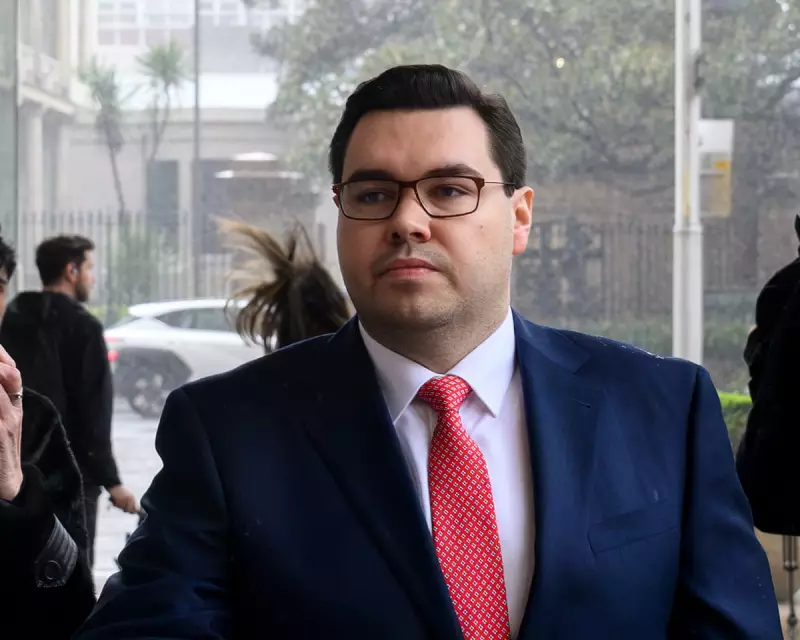
Bruce Lehrmann has launched a scathing attack against the Australian government, alleging he's being denied fundamental procedural fairness in his lawsuit against the National Anti-Corruption Commission (NACC). The former political staffer's legal team claims the government is attempting to shield the watchdog from proper scrutiny.
Legal Battle Intensifies Over NACC Investigation
In documents filed with the Federal Court, Lehrmann's lawyers argue the government is "effectively seeking immunity" for the NACC by trying to prevent crucial evidence from being examined. The case centres on whether the anti-corruption commission overstepped its authority during its investigation into how authorities handled Brittany Higgins's rape allegations.
The core dispute revolves around what Lehrmann's legal team can access from the NACC's investigative files. His lawyers contend they need to see specific materials to prove their client was treated unfairly during the commission's probe.
Government's Controversial Position
The Commonwealth has taken the position that certain documents should remain confidential, arguing their disclosure could compromise future investigations. However, Lehrmann's legal team maintains this stance undermines the very principles of natural justice.
"The government can't have it both ways," said a source close to the case. "They established the NACC to ensure accountability, yet now they're resisting transparency when their own agency's conduct is under review."
What's at Stake for Anti-Corruption Watchdog
This legal confrontation represents a significant test for the relatively new anti-corruption body. The outcome could establish important precedents regarding:
- The extent of the NACC's accountability for its investigative methods
- The balance between transparency and operational confidentiality
- How procedural fairness applies to subjects of high-profile corruption investigations
The case continues to unfold as both sides prepare for what could become a landmark ruling on the powers and limitations of Australia's premier anti-corruption institution.





